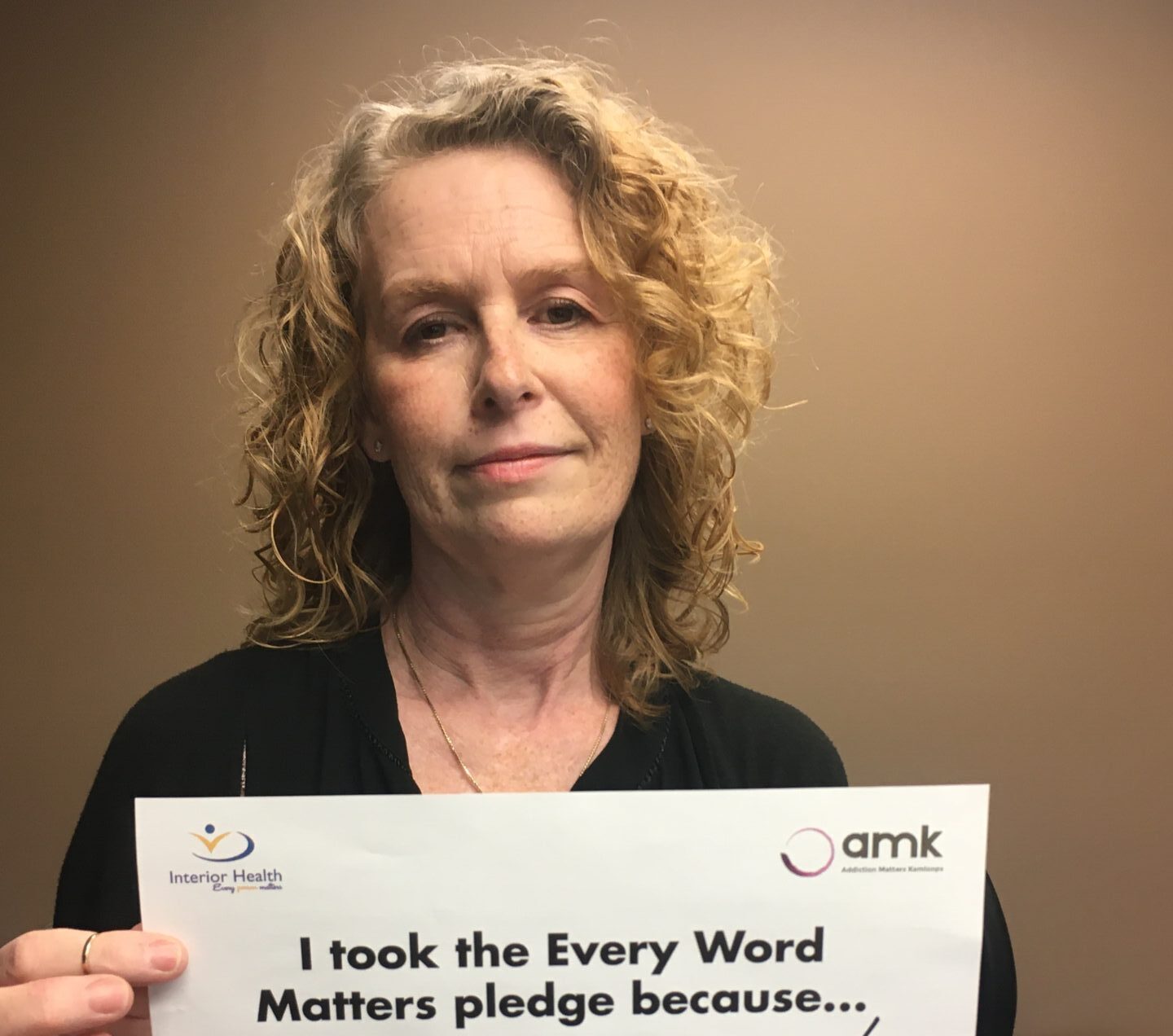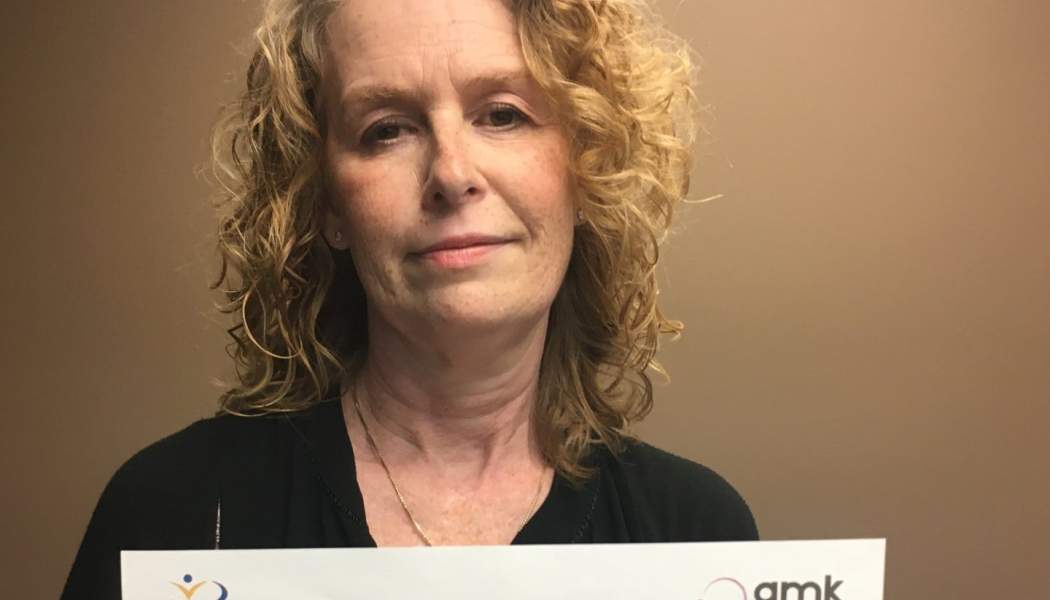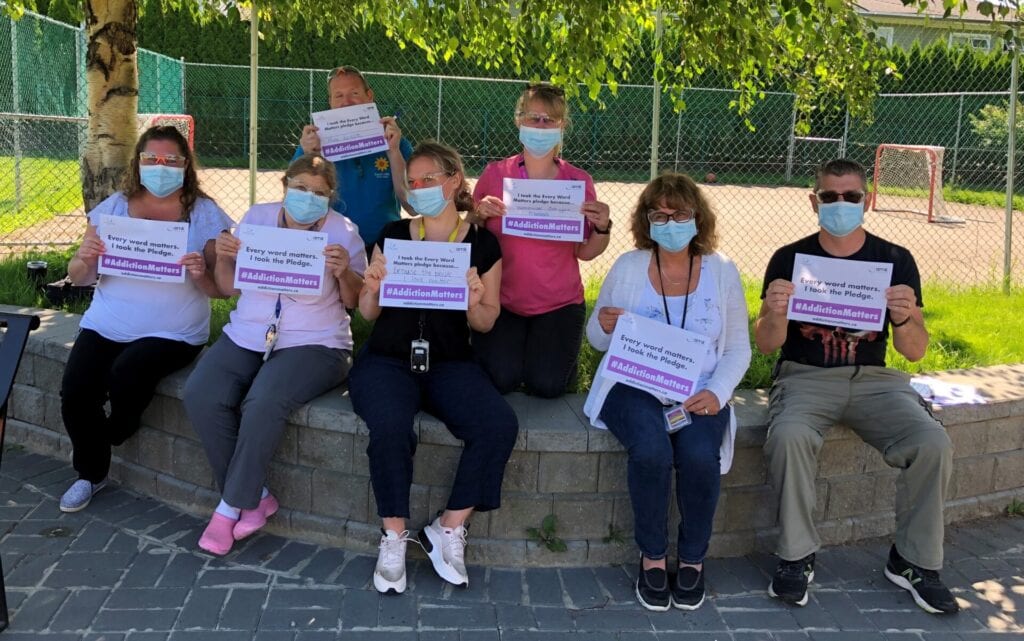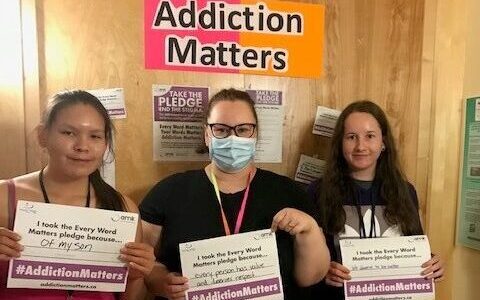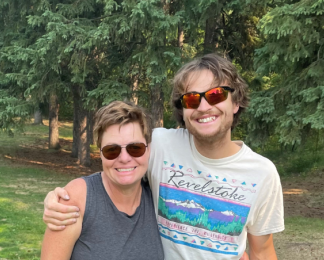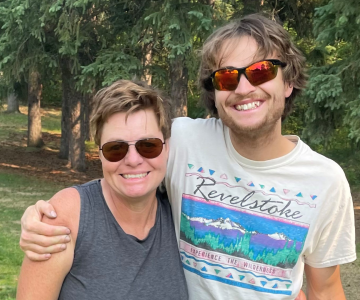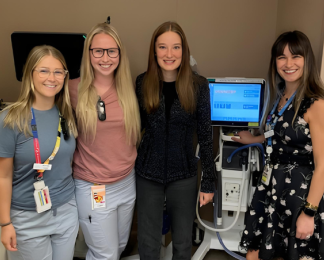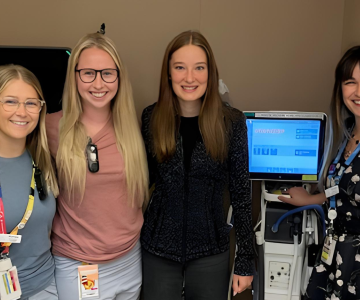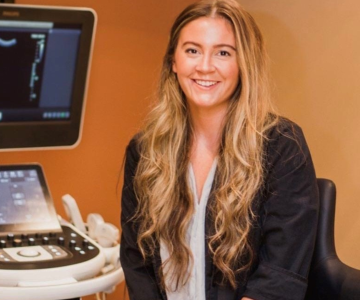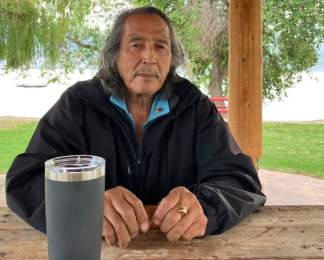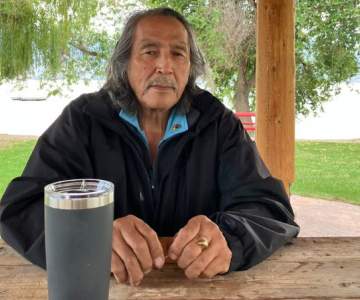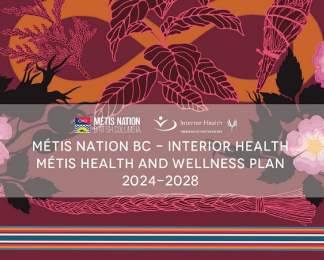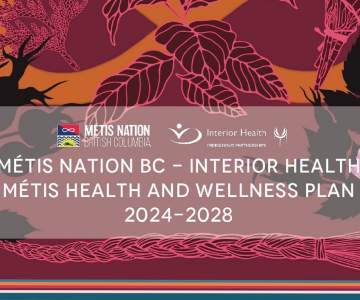Ryan knew he had a problem. As a teen he had experimented with drugs. That experimenting had quickly escalated into an addiction, and he needed help.
But as a popular boy growing up in a tight-knit community, he was worried about what people would think. Like most of us, Ryan had been exposed to negative stereotypes about addiction, compounded by language like “junkie” and “crackhead”.
“In trying to get support and help in the community, he was very concerned that people would know his secret and treat him badly. He’d grown up hearing those words. He had friends whose parents worked in health care and he was terrified that they would find out,” says Ryan’s mother Sandra Tully, co-chair of Addiction Matters Kamloops.
“I was desperate. I finally convinced him to go to into treatment. I got in touch with the intake nurse and, sure enough, it was someone we knew. I started to cry. I was so happy he could get in and get help, but at the same time I was terrified to tell him she would be there, because I thought then he wouldn’t go. He would be too embarrassed.”
“He went and was so relieved when she just gave him a big hug and told him it was going to be ok. That is what we need.”
Sandra Tully
Sadly Ryan’s battle was short-lived. He died of an opioid overdose at just 22 years old. It was 2016, the year B.C. declared the ongoing overdose crisis a public health emergency. Since then in B.C. more than 4,500 lives have been lost.
“We know that the stigma associated with substance use continues to impact individuals and families, preventing them from reaching out for help and accessing life-saving services and treatment. We also know that language can play a significant role in either perpetuating stigma or ending it,” says Interior Health Practice Lead and Addiction Matters Kamloops co-chair Jessica Mensinger. “One of the easiest things we can do as a community is to consider the words we are using when talking about substance use.”
This is why the Addiction Matters coalition is inviting communities across Interior Health to come together in an effort to use language that is compassionate and non-stigmatizing.
Take the online pledge to choose person-first language and language that reflects the medical nature of substance use. Instead of "addict" or "abuser" consider using "person with a substance use disorder." Avoid slang or idioms like "dirty" or "clean" test results and use "positive" or "negative" test results instead. And use language that promotes recovery. Instead of referring to someone as "clean", use "maintained recovery" instead.
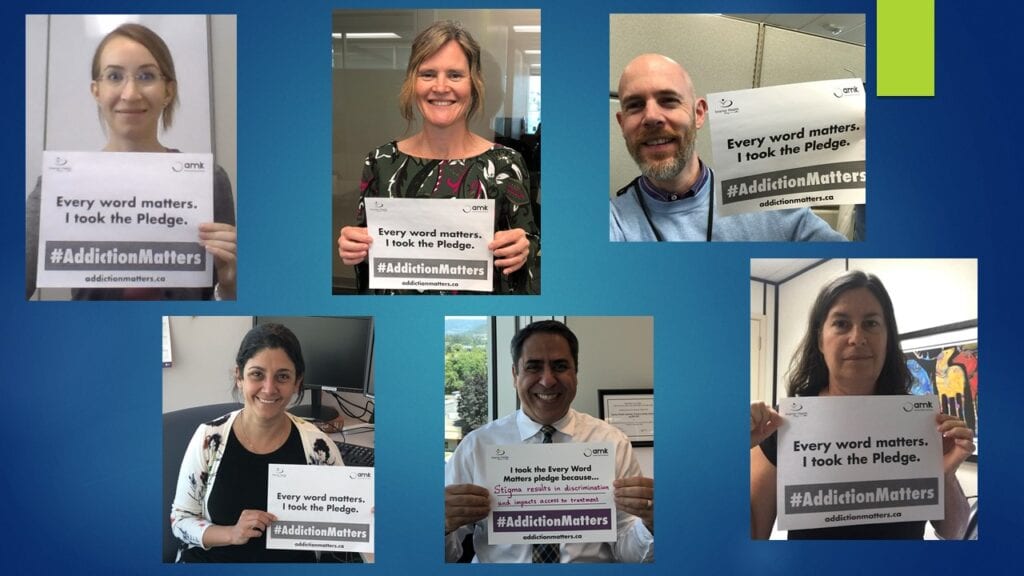
“Words matter. When you say the word ‘addict’, what is the image that comes to mind?” Sandra says. “Substance use can impact anyone. Your best friend could be using substances.”
The Words Matter pledge campaign runs this summer, culminating on Aug. 31, International Overdose Awareness Day.
Visit Addiction Matters to learn more and take the pledge. Download a selfie card to post and share on social media. Invite your colleagues, friends and families to join. Together we can end stigma.
Resources to learn more:
Toward the Heart: Language Matters
BCCDC News Release - Language matters: reduce stigma, combat overdose
Interior Health videos: Stigma and Substance Use
Government of Canada: Changing how we talk about substance use
